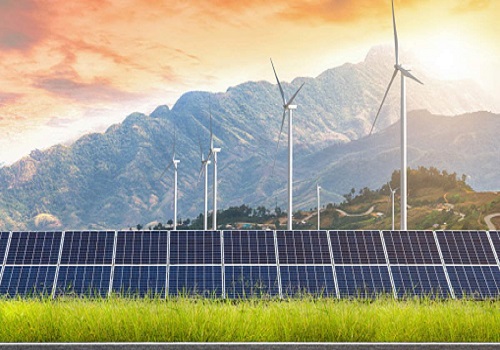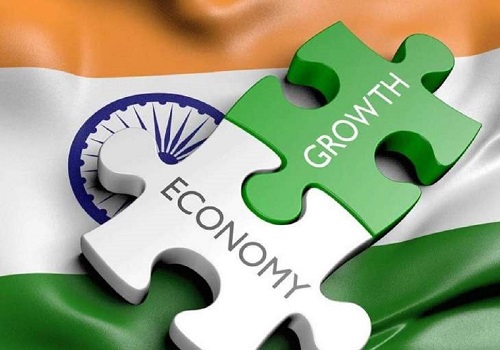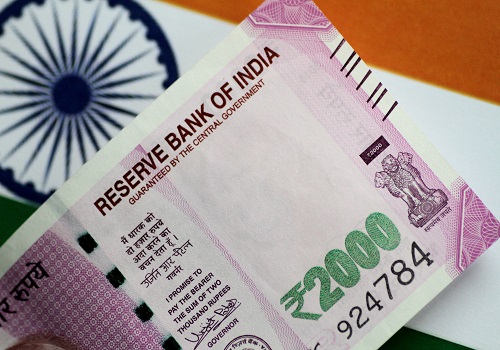India likely to see world's biggest rise in energy demand this decade: IEA

Follow us Now on Telegram ! Get daily 10 - 12 important updates on Business, Finance and Investment. Join our Telegram Channel
The International Energy Agency (IEA) in its World Energy Outlook has said that India is likely to see the world's biggest rise in energy demand this decade, with demand climbing 3 per cent annually due to urbanization and industrialization. While the push for renewable energy will see it meeting as much as 60 per cent of the growth in demand for power, coal will continue to meet a third of overall energy demand by 2030 and another quarter will be met by oil.
India becomes the world's most populous country by 2025 and, combined with the twin forces of urbanization and industrialization, this underpins rapid growth in energy demand, which rises by more than 3 per cent per year in the Stated Policies Scenario (STEPS) from 2021 to 2030. It sees the largest increase in energy demand of any country. Even though India continues to make great strides with renewables deployment and efficiency policies, the sheer scale of its development means that the combined import bill for fossil fuels doubles over the next two decades, with oil by far the largest component. This points to continued risks to energy security.
The world is in the midst of the first global energy crisis, triggered by Russia's invasion of Ukraine. Pressures in markets predated Russia's invasion of Ukraine, but Russia's actions have turned a rapid economic recovery from the pandemic -- which strained all manner of global supply chains, including energy -- into full-blown energy turmoil. Russia has been by far the world's largest exporter of fossil fuels, but its curtailments of natural gas supply to Europe and European sanctions on imports of oil and coal from Russia are severing one of the main arteries of global energy trade. All fuels are affected, but gas markets are the epicentre as Russia seeks leverage by exposing consumers to higher energy bills and supply shortages.










Tag News

Monthly Debt Market Update, September 2023: CareEdge Ratings














